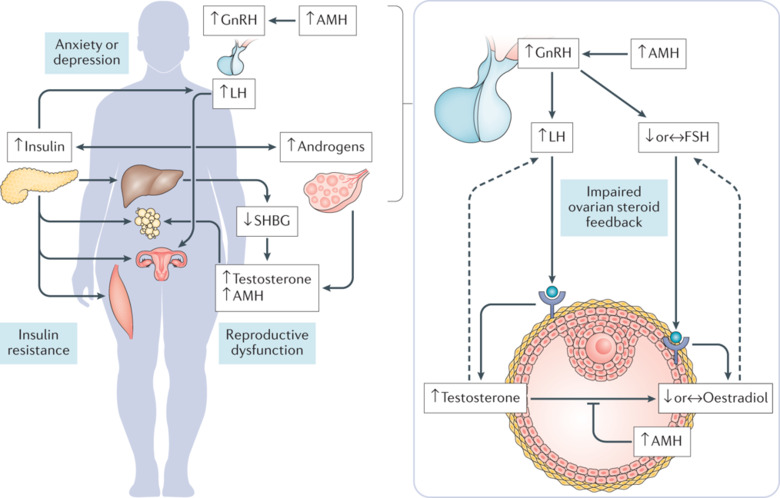Women with premature ovarian insufficiency (POI) are significantly more likely to develop severe autoimmune diseases, according to a recent study published online in Human Reproduction. The research, conducted by a team at Oulu University Hospital in Finland, reveals a compelling connection between autoimmune disorders and POI, suggesting that immune mechanisms may play a critical role in the condition.
The study analyzed data from 3,972 women diagnosed with POI between 1988 and 2017 and compared them to 15,708 women in a control group. Researchers found that women with POI were 2.6 times more likely to have severe autoimmune diseases before their diagnosis. Furthermore, these women faced a two- to three-fold increased risk of developing autoimmune disorders after being diagnosed with POI.
Notably, specific autoimmune conditions such as polyglandular autoimmune syndromes and Addison’s disease were more prevalent among women with POI. Within the first three years of a POI diagnosis, the incidence ratio for severe autoimmune diseases was 2.8, gradually declining to 1.3 after 12 years. However, the study reported no significant differences in the prevalence of type 1 diabetes or ankylosing spondylitis between POI patients and the control group.
While the findings underscore a strong association between autoimmune diseases and POI, researchers acknowledged several limitations. The study focused on autoimmune conditions within specialized healthcare settings and did not account for potential confounding factors such as body mass index or smoking.
The researchers concluded that their findings support the hypothesis that autoimmune mechanisms contribute to the development of POI. They emphasized the need for future studies to delve deeper into the immunological factors underlying POI to guide both preventive strategies and treatment options.
Premature ovarian insufficiency, which affects approximately 1% of women under 40, results in diminished ovarian function, leading to early menopause and associated health challenges. This study highlights the importance of understanding its autoimmune links to improve patient outcomes.
(Source: Human Reproduction; Oulu University Hospital, Finland)












